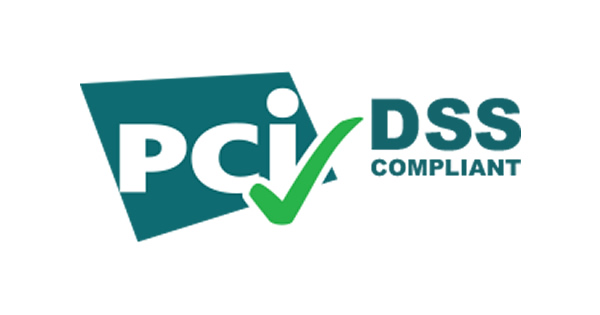Home / Knowledge Base / Legal Matters Related to Artificial Intelligence (AI)
Are you wondering about the legal implications of artificial intelligence (AI) and how they might affect you? With AI becoming an integral part of various industries, understanding “AI legal compliance” is more crucial than ever. Whether you’re an entrepreneur, a developer, or just someone interested in the intersection of law and technology, this article will shed light on the key legal issues surrounding AI, while offering practical solutions for navigating this complex landscape.

Artificial intelligence is transforming the way we live and work, but it also brings forth a host of legal challenges. Here are some of the most pressing issues:
Liability for AI Decisions
Data Privacy and Protection
Intellectual Property (IP)
Artificial intelligence is transforming the way we live and work, but it also brings forth a host of legal challenges. Here are some of the most pressing issues:
Liability for AI Decisions

Liability is one of the thorniest issues in AI law. Imagine your self-driving car gets into an accident. Who is at fault? The manufacturer, the software developer, or the car owner? This is not just a theoretical question; it’s a real legal conundrum.
Real Case Example: The Uber Self-Driving Car Incident
In 2018, an Uber self-driving car struck and killed a pedestrian in Arizona. This tragic incident raised significant legal questions about liability and regulatory oversight. Investigations revealed that the car’s software failed to identify the pedestrian correctly. This case highlighted the importance of having clear regulations and liability frameworks for autonomous vehicles.
Data is the lifeblood of AI, but with great data comes great responsibility. Legal compliance in data privacy is not optional; it’s a must.
Prepaid legal service plans can be a lifesaver here. Services like document review and phone consultations with an attorney can ensure your data practices are compliant with current laws.
Intellectual property law is another critical area where AI is shaking things up. Who owns an artwork created by an AI? If an AI develops a new invention, who gets the patent?
An attorney written letter can be crucial when asserting your rights or responding to IP infringement claims. Additionally, having an attorney make a phone call on your behalf can often resolve disputes more efficiently than other methods.
Source: Deloitte Insights
Navigating AI law can be daunting, but prepaid legal service plans offer valuable support. Here’s how they can assist you:
AI is revolutionizing the world, but it also presents unique legal challenges. Understanding AI legal compliance, managing liability, ensuring data privacy, and protecting intellectual property are crucial steps for anyone involved with AI. By leveraging prepaid legal service plans, you can navigate these complexities with confidence, ensuring that you are well-prepared to address any legal issues that arise.
Remember, staying informed and proactive is key. Don’t hesitate to seek professional legal help to ensure you are on the right side of the law in this rapidly evolving field.

Once you become a member, you can consult with a traffic defense attorney in your area or the area you need assistance with in addition to utilizing all the legal plan benefits.


Share this page

We have successfully offered prepaid legal services to individuals, families, small and large employers for more than 25 years.
All rights reserved.
Stay up-to-date with the latest benefits, legal news and ways to maximize the legal plan.